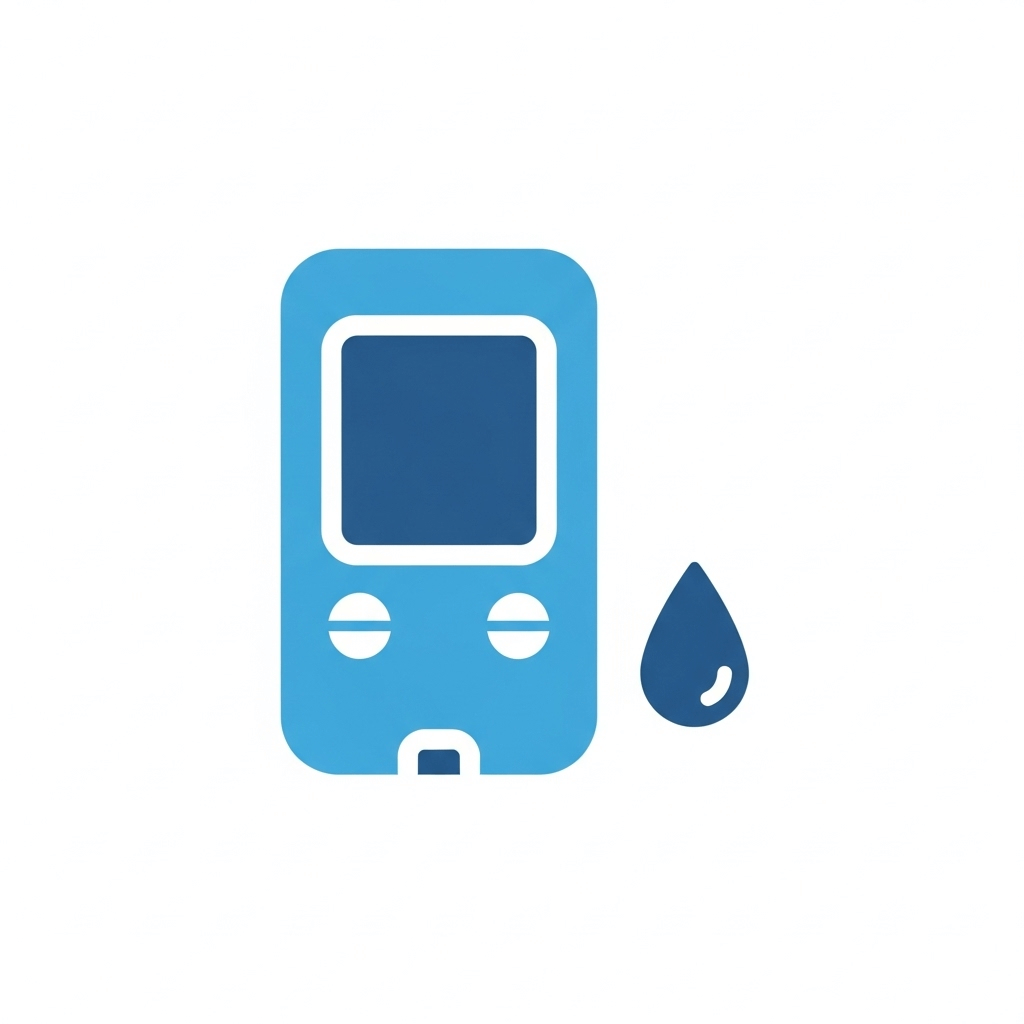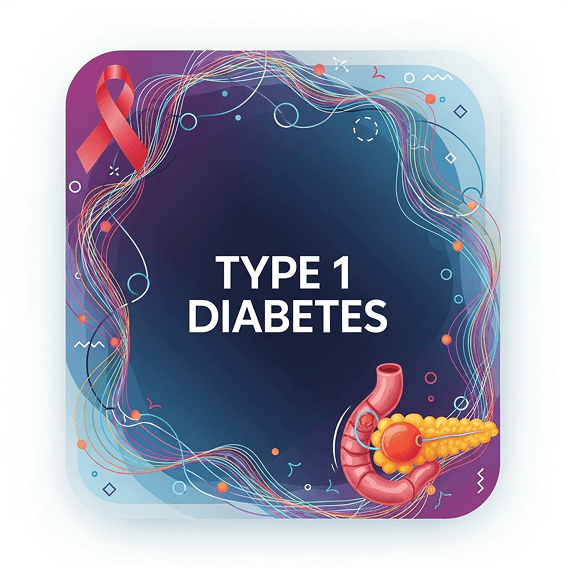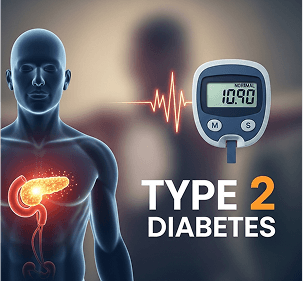Understanding Diabetes
Diabetes is a chronic health condition that affects how your body turns food into energy.

What is Diabetes?
Diabetes is a chronic metabolic disorder characterized by elevated blood sugar levels over a prolonged period. This condition arises when the body either does not produce enough insulin or cannot effectively use the insulin it produces. Insulin, a hormone secreted by the pancreas, is essential for regulating blood sugar by facilitating the entry of glucose from the bloodstream into cells, where it is used for energy. When insulin is deficient or ineffective, glucose accumulates in the blood, leading to hyperglycemia, which can cause serious health complications if left unmanaged.

Overall Numbers
- Prediabetes: In 2021, 97.6 million Americans age 18 and older had prediabetes.
- Prevalence: In 2021, 38.4 million Americans, or 11.6% of the population, had diabetes.
- Diagnosed and undiagnosed: Of the 38.4 million adults with diabetes, 29.7 million were diagnosed, and 8.7 million were undiagnosed.
- New cases: 1.2 million Americans are diagnosed with diabetes every year.
The rates of diagnosed diabetes in adults by race/ethnic background are:
- American Indians/Alaskan Native adults: 13.6%
- Non-Hispanic Black adults: 12.1%
- Hispanic adults: 11.7%
- Asian American adults: 9.1%
- Non-Hispanic White adults: 6.9%
Managing Diabetes
Living well with diabetes
Are you one of the 30.3 million Americans with diabetes? To be your healthiest and feel your best:

Eat more fruits and vegetables, less sugar and salt.

Get physically active - aim for at least 150 minutes / week.

Take diabetes medicine as prescribed

Make and keep appointments with your health care team.

Check blood sugar regularly.

- Regular A1C test
- Blood pressure below 140/90 mm Hg
- Control cholesterol
- Stop/don’t start smoking
DID YOU KNOW...making healthy lifestyle changes can greatly reduce
your risk of diabetes-related health problems. It really works!
Types of Diabetes

Type 1 Diabetes
An autoimmune condition where the body attacks insulin-producing cells in the pancreas, leading to little or no insulin production.

Type 2 Diabetes
A condition where the body becomes resistant to insulin or doesn't produce enough insulin, often linked to lifestyle factors.

Gestational Diabetes
A form of diabetes that develops during pregnancy and usually resolves after childbirth.
Other Less Common Types
- MODY (Maturity-Onset Diabetes of the Young)
- LADA (Latent Autoimmune Diabetes in Adults)
- Secondary diabetes (caused by other conditions or medications)
Donate
Your generous donations help us provide essential resources, fund groundbreaking research, and support programs that make a real difference in the lives of those affected by diabetes.
Volunteer
Join our volunteer team to make a difference in the lives of those affected by diabetes through community support and engagement.
Fundraise
Join us in raising funds to support diabetes research, education, and community programs, making a lasting impact together.
There are several types of diabetes, each with distinct causes and characteristics. Type 1 diabetes, often diagnosed in children and young adults, is an autoimmune condition where the immune system mistakenly attacks and destroys insulin-producing cells in the pancreas. Type 2 diabetes, the most common form, typically develops in adulthood and is characterized by insulin resistance, where cells do not respond effectively to insulin. Gestational diabetes occurs during pregnancy and usually resolves after childbirth, but it increases the risk of developing type 2 diabetes later in life.
Symptoms of Diabetes
Common symptoms of diabetes include frequent urination, excessive thirst, unexplained weight loss, fatigue, blurred vision, slow healing of wounds, and increased susceptibility to infections. If you experience any of these symptoms, consult a healthcare professional for proper diagnosis and management.
 Glucose Guardians
Glucose Guardians